The picturesque island of Santorini, with its iconic whitewashed buildings and stunning sunsets, has long been a magnet for tourists from around the world. However, the Greek government’s recent decision to limit cruise ship access to the island has sparked fierce backlash from local business owners and tourism operators. The move, aimed at preserving the island’s fragile ecosystem and improving the quality of life for residents, has left many in the industry fearing economic ruin.
Santorini’s popularity has soared over the past decade, with millions of visitors flocking to its shores each year. Cruise ships, in particular, have become a double-edged sword for the island. While they bring in a steady stream of tourists, their sheer numbers have overwhelmed the island’s infrastructure. Narrow streets in towns like Oia and Fira are often clogged with visitors, and local resources are stretched thin. The Greek Ministry of Tourism argues that limiting cruise ships is necessary to prevent further degradation of the island’s environment and to ensure a more sustainable future.
Industry stakeholders, however, are far from convinced. Many business owners, particularly those reliant on cruise tourism, argue that the restrictions will devastate their livelihoods. Restaurants, souvenir shops, and tour operators fear a sharp decline in revenue, as cruise passengers account for a significant portion of their customer base. "This decision was made without consulting the people who depend on tourism to survive," said one local shop owner, who asked to remain anonymous. "We understand the need for sustainability, but cutting off cruise ships entirely is not the solution."
The debate has also highlighted a deeper tension between mass tourism and sustainable travel. Santorini’s charm lies in its unique beauty, but unchecked tourism threatens to erode that very appeal. Overcrowding has led to complaints from both visitors and residents, with some tourists expressing disappointment at the difficulty of enjoying the island’s famous views without jostling through crowds. The government’s restrictions aim to strike a balance, but critics argue that the measures are too abrupt and lack a clear transition plan for affected businesses.
Meanwhile, environmental groups have applauded the move. Organizations such as Greenpeace Greece have long warned about the ecological toll of mass tourism, from pollution to strain on water resources. "Santorini cannot sustain this level of visitation indefinitely," said a spokesperson for the group. "Reducing cruise ship arrivals is a step in the right direction, but more comprehensive policies are needed to protect the island’s future."
As the controversy unfolds, the broader question remains: Can Santorini find a way to preserve its natural and cultural heritage while still supporting the local economy? The island’s dilemma mirrors challenges faced by other overtouristed destinations worldwide, from Venice to Bali. For now, the Greek government appears firm in its decision, but the backlash from industry players suggests this battle is far from over.

By Emily Johnson/Apr 11, 2025
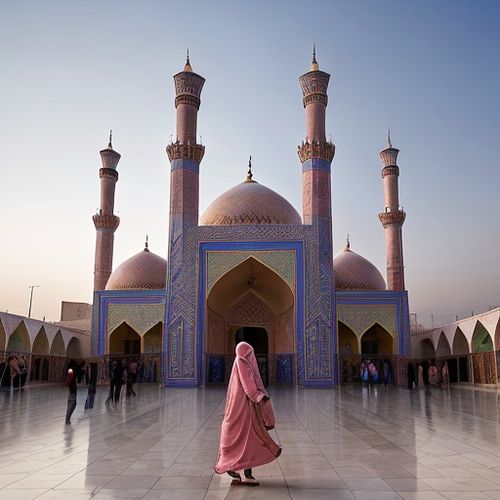
By William Miller/Apr 11, 2025

By Benjamin Evans/Apr 11, 2025
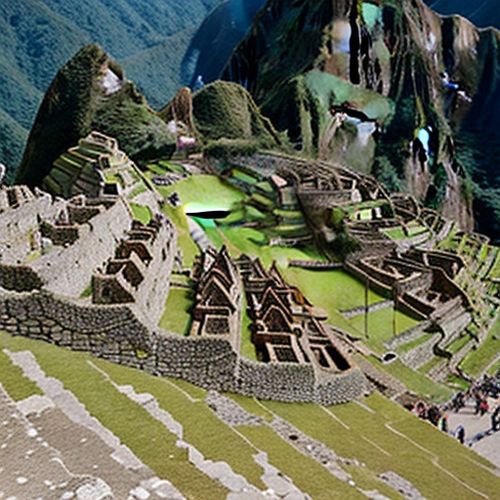
By Grace Cox/Apr 11, 2025
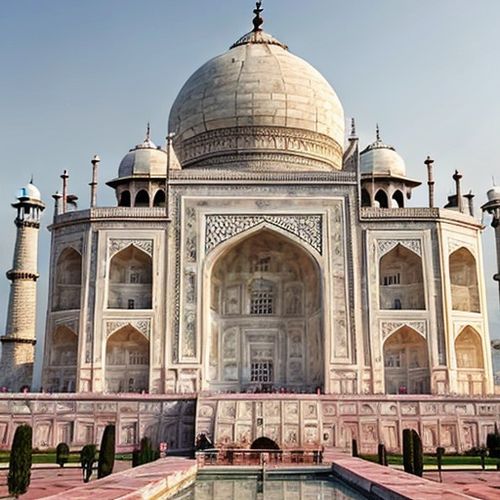
By Amanda Phillips/Apr 11, 2025
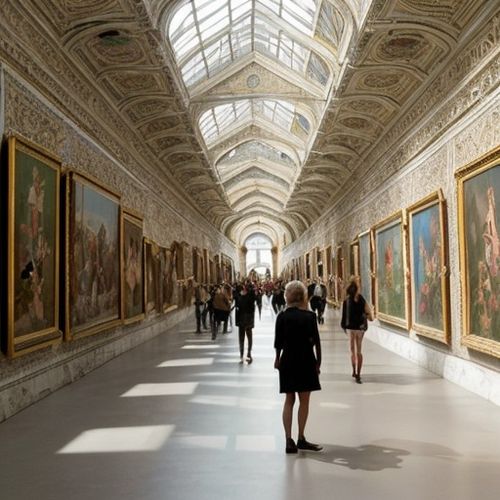
By James Moore/Apr 11, 2025
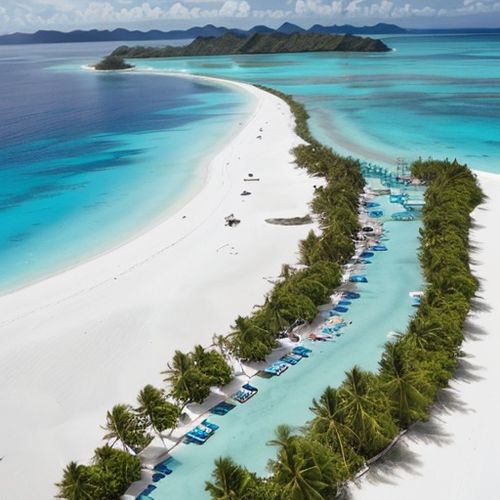
By Natalie Campbell/Apr 11, 2025
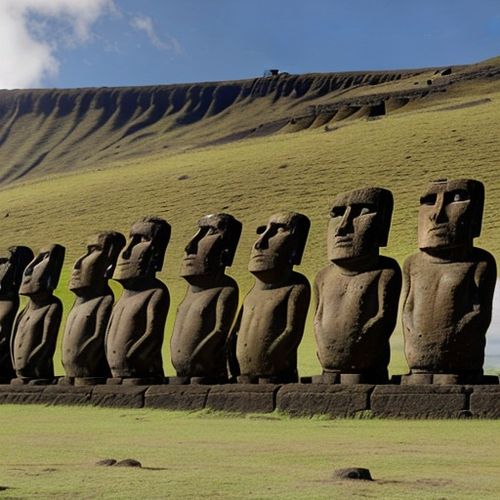
By Eric Ward/Apr 11, 2025
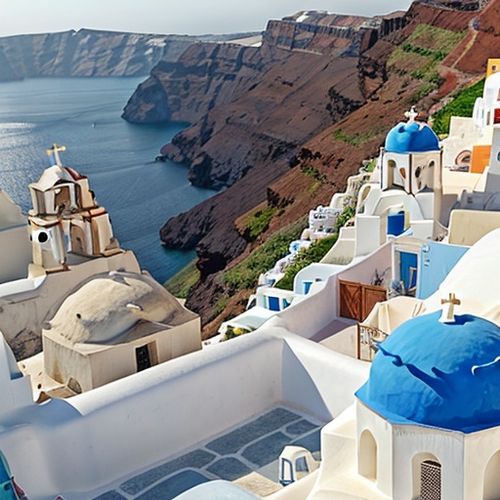
By James Moore/Apr 11, 2025

By Emily Johnson/Apr 11, 2025
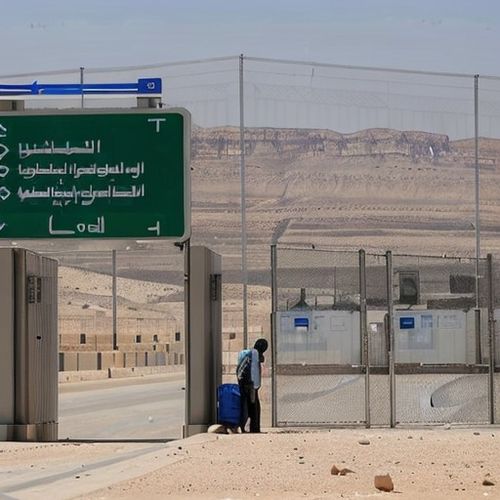
By Christopher Harris/Apr 11, 2025

By Michael Brown/Apr 11, 2025
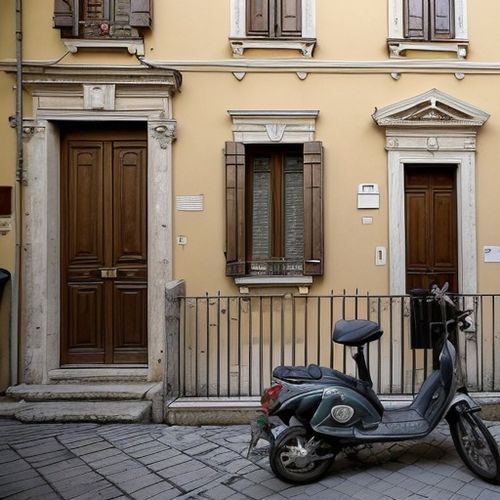
By Rebecca Stewart/Apr 11, 2025
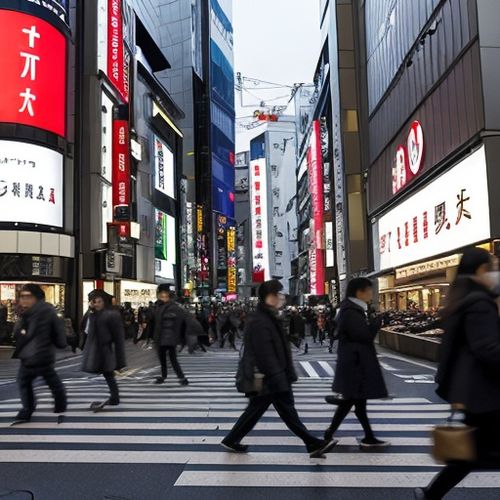
By John Smith/Apr 11, 2025
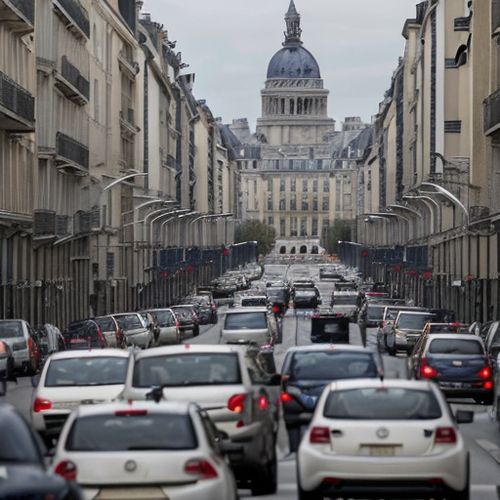
By Natalie Campbell/Apr 11, 2025
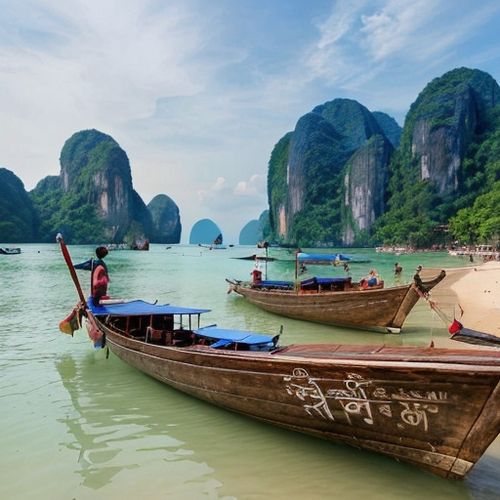
By Emily Johnson/Apr 11, 2025
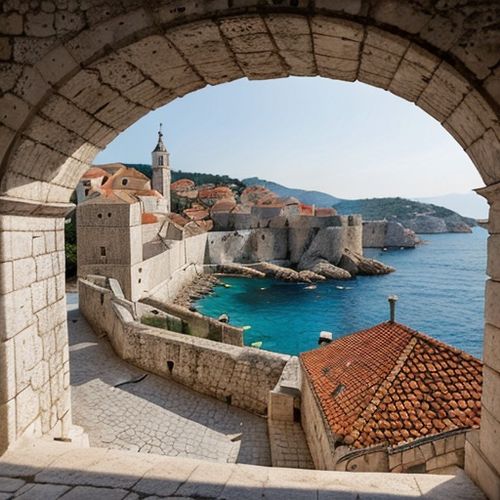
By John Smith/Apr 11, 2025

By Michael Brown/Apr 11, 2025
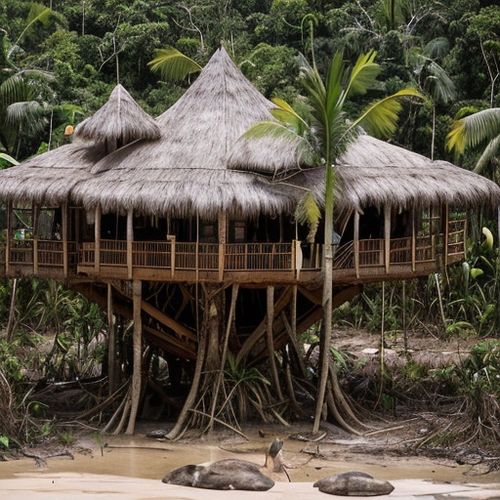
By Amanda Phillips/Apr 11, 2025

By Joshua Howard/Apr 11, 2025